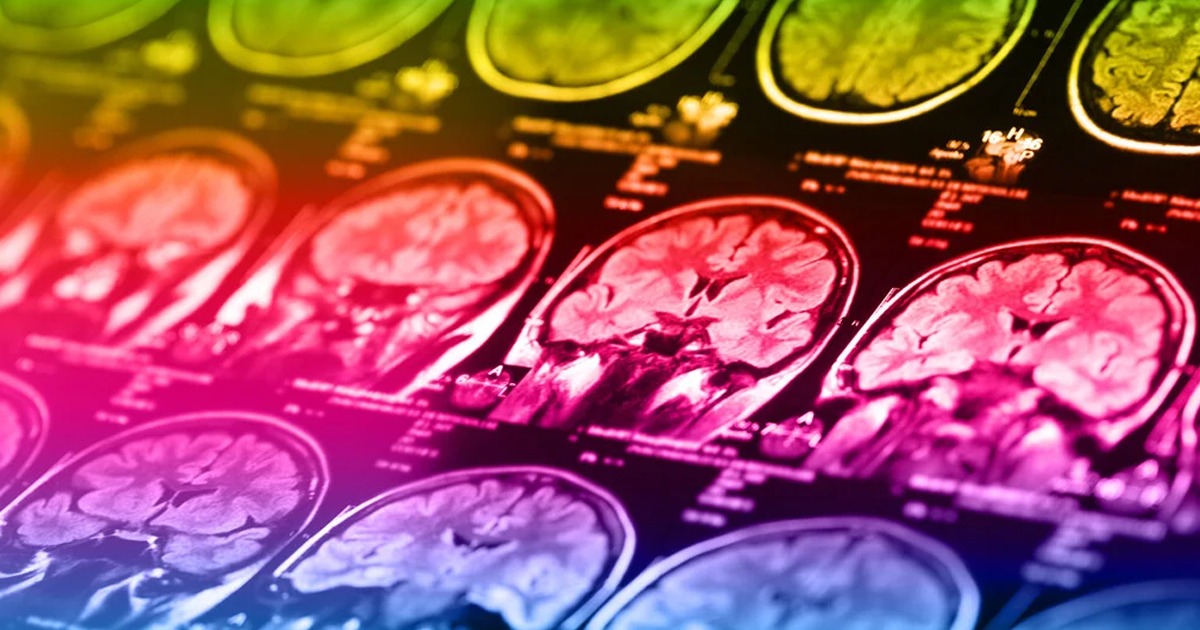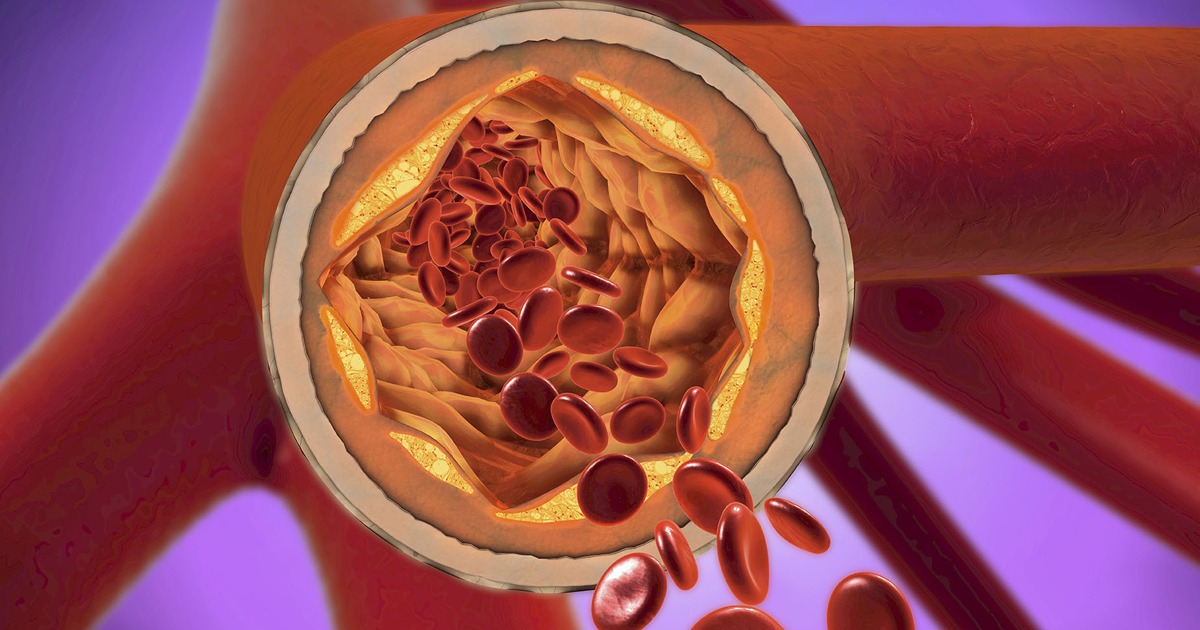A study conducted by the Mahmood Laboratory at Brigham and Women's Hospital in Boston showed how Artificial Intelligence (AI) uses specific medical factors to anticipate possible cancer outcomes in patients.
Researchers at the Mahmood Lab developed a test model that incorporates genomic and histology data to make improved data-driven prognoses for cancer patients. The prediction of results in cancer patients needs to consider different factors about the patient's health, such as their medical history, genetic data, disease pathology, among others.
The study, conducted at Brigham and Women's Hospital, shows a test model that uses AI to combine multiple data from different sources to predict patient outcomes for 14 different types of cancer.
“Experts look at many tests to predict how well a patient may do. These early exams become the basis for making decisions about enrollment in a clinical trial or specific treatment regimens. But that means that this multimodal prediction occurs at the expert level. We are trying to approach the problem computationally,” Dr. Faisal Mahmood, an assistant professor in the Division of Computational Pathology at Brigham.

The AI models were built using The Cancer Genome Atlas (TCGA), a resource open to the public that has a database on multiple types of cancer. Subsequently, the researchers developed an algorithm based on multimodal deep learning that can interpret multiple data sources, such as those mentioned above, related to histology and genomics.
“This study highlights that it is feasible to use AI to integrate different types of clinically informed data to predict disease outcomes,” explains the hospital. In this sense, the models could allow researchers to find biomarkers that take into account various clinical factors for the diagnosis of different types of cancer. In this way it will be possible to carry out larger studies that incorporate AI and data from multiple sources.
"In a broader sense, our findings emphasize the need to build computational pathology prognostic models with much larger data sets and subsequent clinical trials to establish utility," concluded Mahmood.
The results of the study were published in the scientific journal Cancer Cell, consult it at the following link: https://www.cell.com/cancer-cell/fulltext/S1535-6108(22)00317-8
BRIGHAM AND WOMEN'S HOSPITAL
https://www.brighamandwomens.org/about-bwh/newsroom/research-briefs-detail?id=4227





